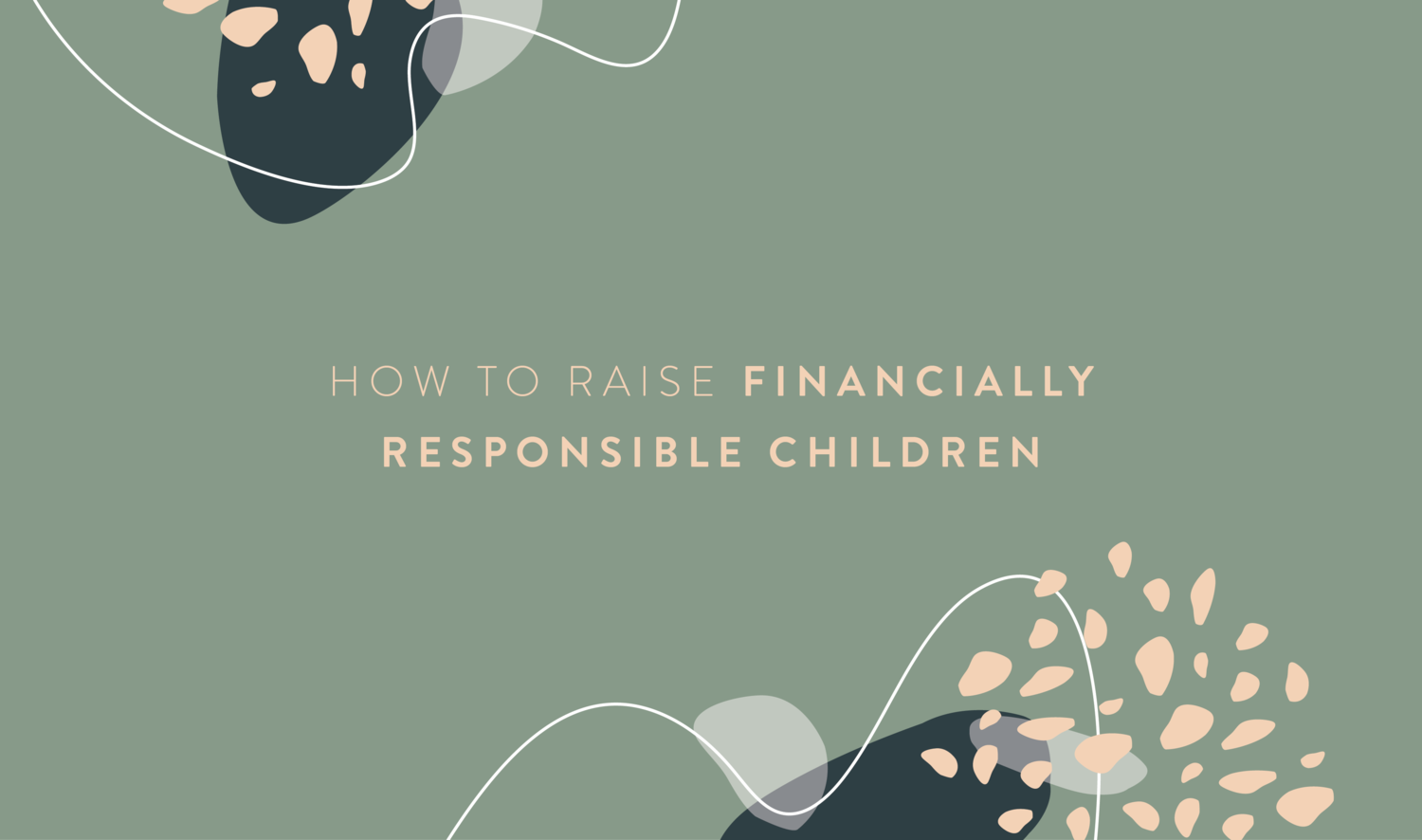
As parents, you want to give your children the tools for a fulfilling life, which includes a good understanding of finances. Financial behavior is driven by deeply psychological factors, and helping your child develop a knowledge of and comfort with money and how to emotionally manage wealth is an asset that will serve them lifelong.
You may hope to give your child the tools and work ethic to carry on the family business and continue to build a legacy of wealth for future generations or just to be financially knowledgable and responsible. Either way, to do so, you’ll need to understand how to support your child in their individuality so they develop a healthy sense of self, personal drive, and alignment with family values and beliefs.
The process of wealth therapy will help you navigate these challenging topics. Raising children requires parents to demonstrate within the family setting the set of skills they hope to pass along, and this is true for matters relating to wealth and finances. Therapy can help you understand how to do this in a way that is constructive and supportive to you and your children’s personal growth.
FINANCIAL BEHAVIOR IS DRIVEN BY DEEPLY PSYCHOLOGICAL FACTORS, AND HELPING YOUR CHILD DEVELOP A KNOWLEDGE AND COMFORT WITH MONEY AND HOW TO EMOTIONALLY MANAGE WEALTH IS AN ASSET THAT WILL SERVE THEM LIFELONG.
Encouraging Financial Responsibility
Teaching money management from an early age is one of the biggest opportunities affluent families have to raise financially healthy and responsible children. Rather than simply giving money, parents can connect with their children through the process of teaching money management by providing children with an allowance and opportunities to earn extra money. Through this, they will learn to save and also earn money – both skills that require planning and motivation. This also helps a child develop a sense of autonomy and confidence because they are able to test their independence and make purchasing decisions. Lastly, encouraging honest conversations about money can enhance a family’s communication and value system.
Keeping Children Financially Accountable
An important lesson for children to learn and understand is the idea of only spending what you have. Children should learn to keep track and be aware of where and how they spend their money. One way to improve their financial accountability is for the allowance to be paid on the same day and be the same value on a weekly or monthly basis, depending on parental preference. Doing so will help the children understand the importance and benefits of making their money last, and that they can save or spend their allowance, but the only way to get more is to complete designated work.
The ‘One-Fourth Rule’
One way that children can manage their allowance money is to follow the ‘One-Fourth Rule’. The purpose of this rule is to segment spending into four different categories: daily needs (school, food), donating to a charity of their choice, buying a special something they want (not life basics provided by the parent), and adding to their savings. Encouraging your children to follow the ‘One-Fourth Rule’ with their allowance money and keeping them accountable is a great opportunity to have conversations about their spending and the struggles they may have managing their own money.
The Positive Impact of Money
A great way for children to understand the positive impact they can have by using their money is to encourage them to support a cause that they like. Letting them choose the charity will make it more meaningful for them because they will have a personal connection to it. A great way for a child to choose the charity he or she will support is to let them research, learn about, and visit that charity to see if it’s the right fit for them. Using their money to donate to a worthy cause will help your child develop empathy for others and show that wealth has the power to help others in a meaningful way.
Children that learn at a young age the importance of responsible money management are likely to have a deeper understanding of how money works and will have more respect when it comes to managing their own money or the family’s money.
ENCOURAGING OPEN AND HONEST CONVERSATIONS ABOUT MONEY IS ANOTHER ESSENTIAL PART ABOUT TEACHING YOUR CHILDREN HOW TO MANAGE MONEY.
Encouraging Open Dialogue About Money
Encouraging open and honest conversations about money is another essential part about teaching your children how to manage money. I encourage you to talk about basic matters of family wealth with or around your children. Simple things like how the bills are paid, how you track expenses, how to make decisions around large and small expenditures, and more will ensure that there is a conversational quality to your money management so that children know responsible financial behavior is a core expectation of adulthood.
My hope is that with this article you are feeling more confident in helping your children become better at managing money. I work with my clients to ensure their personal growth supports them on their journey of parenthood – one of life’s greatest teachers.
